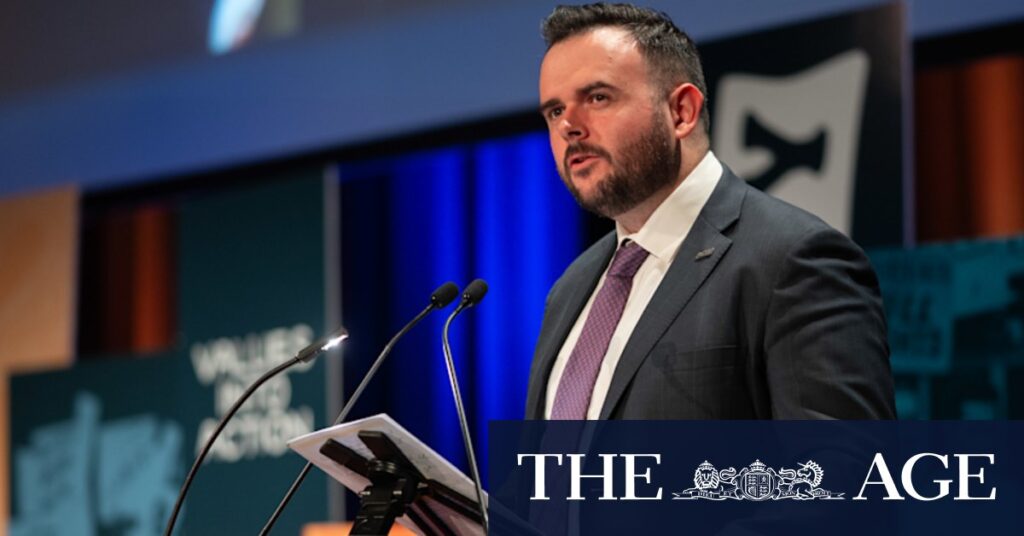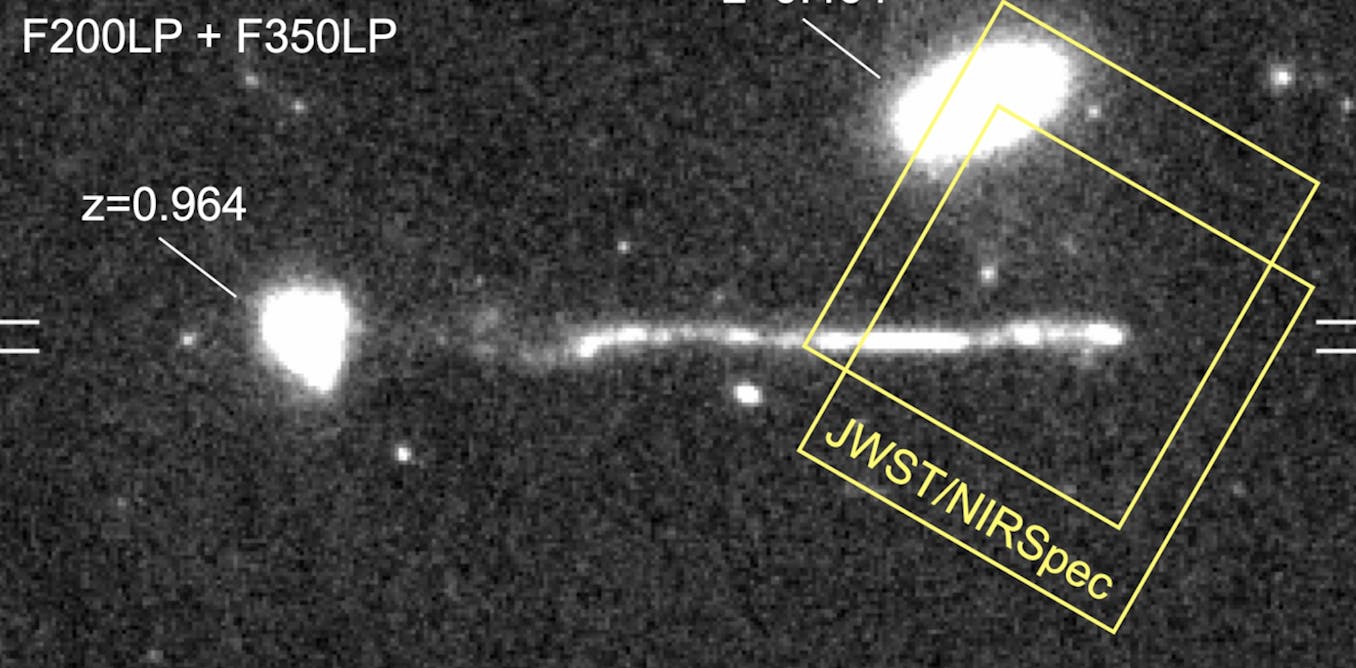
The Australian Council of Trade Unions (ACTU) is set to demand that employers guarantee job security for workers before integrating artificial intelligence (AI) into their operations. This bold proposal is likely to heighten tensions ahead of the Albanese government’s productivity roundtable scheduled for next month.
Joseph Mitchell, the ACTU’s assistant secretary, plans to deliver a speech on Tuesday, emphasizing the union movement’s expectation that the Labor government will introduce legislation to prevent the use of AI in businesses that fail to reach agreements with their employees. According to draft notes of his speech, Mitchell will address the Melbourne University Productivity Flash Forum, stating, “It is necessary to have a comprehensive AI act to ensure that such bad-faith uses of this technology are protected against. Workers will be all in if they know doing so will not cost them their jobs.”
AI and the Future of Work
The announcement comes as businesses and unions grapple with the implications of AI on the workforce. Business groups argue that AI represents a multibillion-dollar opportunity for Australia, suggesting it could enhance productivity by allowing workers to transition to higher-skilled roles. They caution against implementing safeguards that might hinder the technology’s adoption.
Meanwhile, unions are concerned about potential job losses and the erosion of job security. The ACTU’s stance reflects a broader global debate on how to balance technological advancement with the protection of workers’ rights.
Global Perspectives and Historical Context
Globally, the integration of AI into the workplace has sparked similar debates. In the United States, for instance, labor unions have been vocal about the need for regulations to protect workers from being displaced by AI. The European Union has also been proactive, proposing legislation to govern AI use, emphasizing ethical guidelines and transparency.
Historically, technological advancements have often led to significant shifts in the labor market. The Industrial Revolution, for example, saw machines replacing manual labor, leading to widespread job displacement but eventually creating new industries and opportunities. The challenge today is to manage this transition in a way that minimizes disruption and maximizes benefits for all stakeholders.
Expert Opinions and Industry Reactions
Experts in the field of labor relations and technology have weighed in on the issue. Dr. Lisa Thompson, a labor economist at the University of Sydney, notes, “The key is to ensure that the transition to AI is managed in a way that is fair and equitable. This means involving workers in the decision-making process and ensuring they have the skills needed to thrive in a changing job market.”
Business leaders, on the other hand, emphasize the potential economic benefits. “AI can drive significant productivity gains,” says Mark Reynolds, CEO of a leading tech firm. “However, it’s crucial to balance these gains with the need for responsible implementation that considers the human impact.”
Looking Ahead: The Path to Consensus
The move represents a critical juncture in the conversation about AI and the future of work in Australia. As the productivity roundtable approaches, stakeholders from all sides will need to engage in meaningful dialogue to find a path forward that addresses both economic and social concerns.
The ACTU’s proposal is likely to be a key topic of discussion, with the potential to shape future legislation and set a precedent for how AI is integrated into the workplace. As the debate continues, the focus will remain on ensuring that technological progress does not come at the expense of workers’ rights and job security.
In conclusion, the call for job security amid AI integration highlights the need for comprehensive policies that protect workers while embracing innovation. The outcome of these discussions will have significant implications for the future of work in Australia and beyond.







